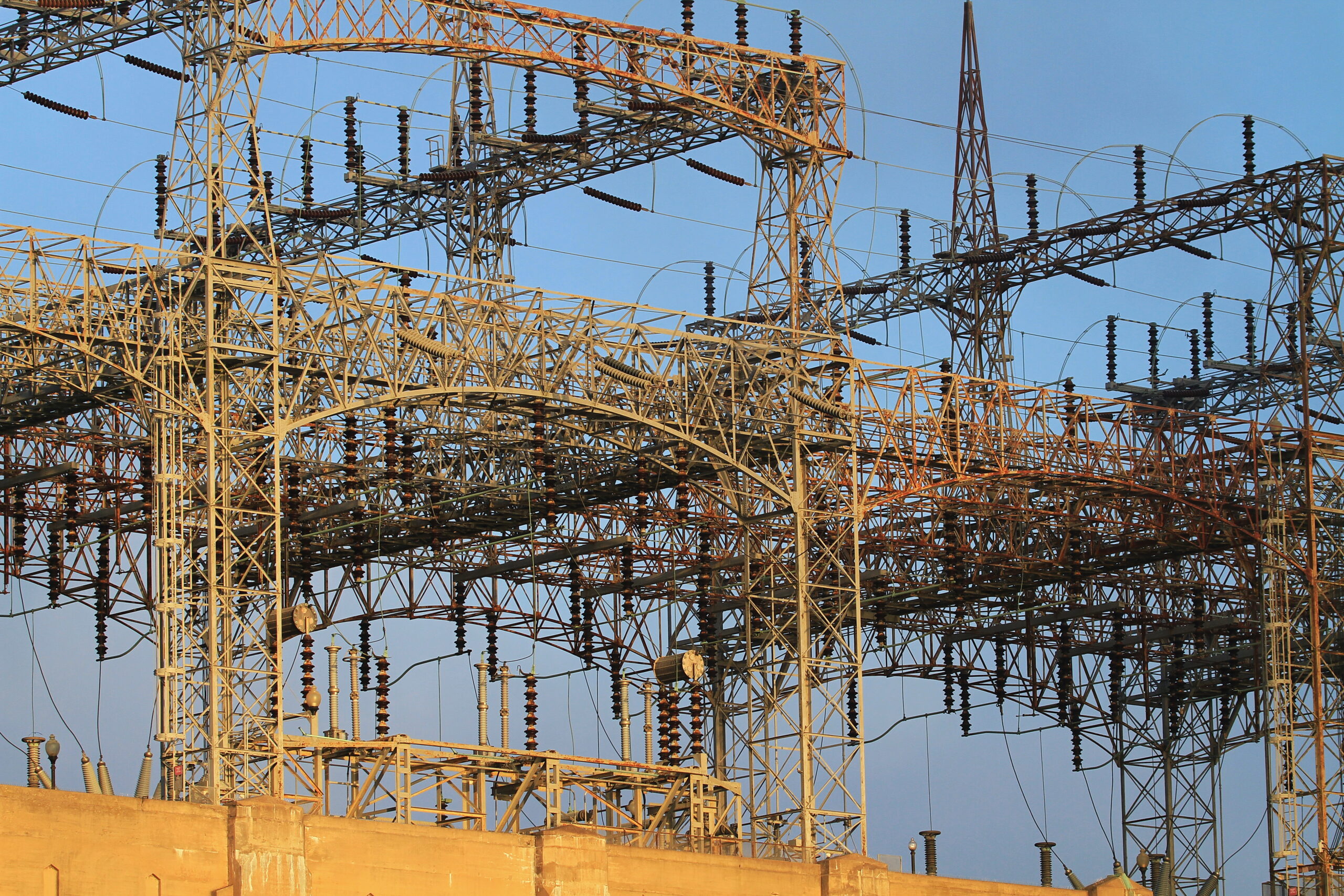State lawmakers want to peel back the curtain at the nation’s biggest electrical grid operator

Last year, Del. Lorig Charkoudian (D-Montgomery) was on her own when she filed legislation seeking to force her state’s utilities to reveal votes at the grid operator that coordinates the flow of electricity for 65 million people in the Eastern U.S.
Her bill passed the House, but stalled in the upper chamber.
This year, though, her legislation is back, with backup: a Senate companion sponsored by Sen. Katie Fry Hester (D-Howard and Montgomery) and similar measures filed by lawmakers in Virginia, Illinois, and West Virginia. Another bill is expected to come in Pennsylvania.
“It’s a movement,” Charkoudian said with a chuckle.
The bills broadly seek to force electric utilities to file with state regulators a record of their votes at PJM, the nation’s largest regional transmission organization. But it’s something of an uphill fight. The utilities that hold sway at PJM have battled the proposals, Charkoudian said, and trying to get her colleagues up to speed on the complex inner workings of the organization and the electric grid can be a tall order.
The bills are focused on lower-level committee votes by PJM’s member utilities that affect policies that set electric market rules, dictate how new generation resources like wind, solar and storage can participate, and govern transmission planning, among other issues.
“PJM is kind of an obscure thing for your average everyday person,” she said.
“There’s all these little pieces that eventually go into some of these big structural outcomes,” Charkoudian said. “The people who are making the rules are the ones who are benefiting. This gives us a chance to start to take a look at what kinds of votes they are taking.”
The decisions also make a difference on electric bills.
“In West Virginia, people’s electric rates have gone up faster than any other state,” said Del. Evan Hansen (D). “We need our electric utilities to explain how their secret votes at PJM are in the public interest.”
Many states in PJM, along with the utilities that operate in the organization, are pursuing aggressive clean energy goals. And what happens at those committee meetings can help or hinder those efforts, the National Caucus of Environmental Legislators said in a news release.
“The decisions made by PJM have enormous impact on Virginia’s transition to clean energy,” said Virginia state Del. Rip Sullivan, a Democrat from Fairfax County.
So far, the bills have been pushed by Democratic lawmakers, but Ava Gallo, climate and energy program manager with National Caucus of Environmental Legislators, said transparency should have bipartisan appeal.
“I think everyone can get on the same page that we should have reliable and affordable electricity no matter where you are on the political spectrum,” she said.
‘A black box of voting information’
PJM spokesman Jeff Shields said the organization’s ”stakeholder process and the various stakeholder meetings referenced are open to the media and public, with agendas and minutes posted on our website.”
That’s technically true, “if you jump through hoops,” said Clara Summers, who leads the PJM-focused Consumers for a Better Grid campaign for the Illinois-based Citizens Utility Board, a consumer advocacy organization.
But if you can’t make it to the Philadelphia area, where PJM is headquartered, you’ve got to register for an account with PJM to join meetings virtually. And if you do that, you can learn the outcome of the vote, but not who voted for what. For example, in 2022, PJM proposed a process that would have created a price freeze if electricity costs spiked too high, Maryland Matters reported, but it died in a committee and there was no record of how utilities voted.
“It’s really a black box of voting information,” Summers said. “In an ideal world PJM would do this on its own and make all its votes public.”
She added that affiliates of big utility holding companies get their own votes at lower level committee meetings and can often outvote other parties, like state consumer advocates.
“One holding company can impact which proposals get voted to advance,” Summers said. “AEP and FirstEnergy have more affiliate votes than all the consumer advocate offices combined.”
The public interest
A key portion of the legislation being introduced in the states is that utilities also explain how their votes are in the public interest.
Charkoudian, the Maryland lawmaker, noted that PJM’s recent approval of nearly $800 million in transmission projects needed to compensate for the retirement of a Maryland coal power plant is a “perfect storm” argument for more transparency at the organization. She criticized PJM for a lack of planning, a failure to consider any alternatives and a sluggish interconnection queue — the process for connecting new power plants to the grid.
That process, despite reforms, is still limiting the ability of new, mostly renewable power resources to come online, Charkoudian and other critics say.
“All of these barriers,” she said. “And lo and behold, Exelon has to build $800 million of transmission as quickly as possible. … Those are the people in the room. Those who are going to benefit financially are the ones voting on them.”
In a statement, Exelon, the Chicago-based parent company of six electric utilities with 10 million customers across Maryland, Delaware, Illinois, New Jersey, Pennsylvania and the District of Columbia, said PJM’s current process “is intentionally structured to support consensus building and mutual gains,” adding that is open to the public and provides “ample opportunities” for anyone interested to take part.
“We look forward to engaging with the sponsors to discuss other ways to provide the additional transparency that they are seeking,” the company said of the legislation.
To a large extent, Charkoudian and others proponents say, the bills are an attempt to uncover whether utilities are voicing support for cleaner energy with state officials but undermining those goals at PJM.
“The amount of time the utilities have spent trying to kill this bill and circumvent this bill makes me really want to know what’s going on,” Charkoudian said. “It doesn’t seem like you would fight it so hard if you weren’t trying to hide something.”



 Creative Commons Attribution
Creative Commons Attribution